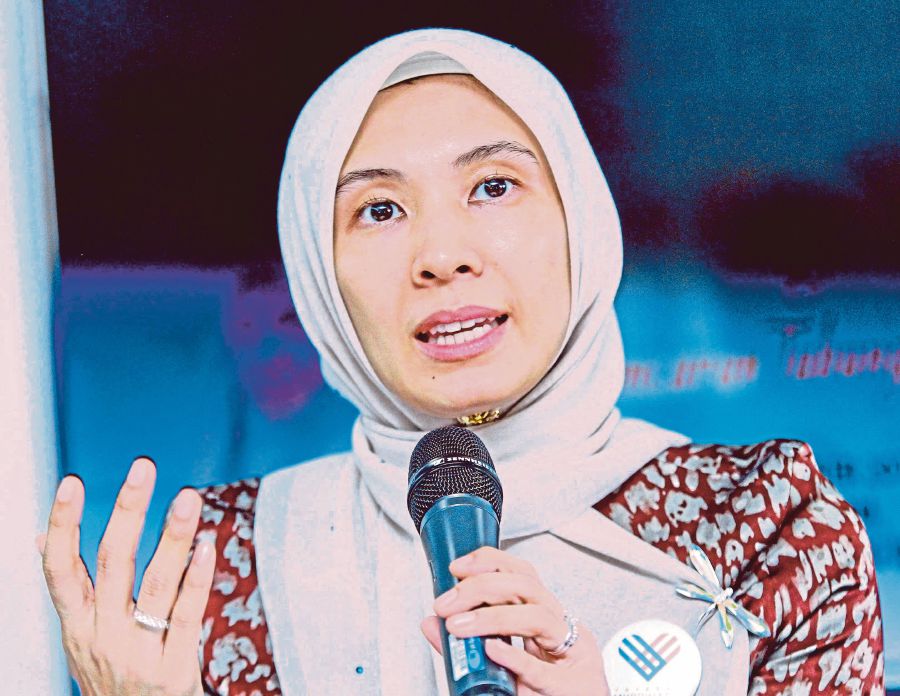KUALA LUMPUR: Granting refugees the right to work in the country would see a contribution of more than RM3 billion to the economy through higher spending by 2024.
It would also mean an increase in tax revenues and the creation of more than 4,000 jobs for Malaysians, said PKR vice-president Nurul Izzah Anwar.
"Malaysia faces an acute shortage of foreign unskilled labour and it makes economic sense to include refugees in the labour equation," she said in a statement today.
In the 1990s, she said Malaysia collectively with many other nations actively assimilated refugees into our communities, providing them with the protection, and educational opportunities desperately needed at a time of tragic loss, stripped of any sense of belonging.
"Many say the past instructs the future. However, our past experience with Bosnian refugees, contrasts sharply with our policies today.
Malaysia is not a signatory of the 1951 Refugee Convention nor its 1961 Protocol.
As such, there's no differentiation between refugees and economic immigrants bereft of legal documentation.
"This leaves those who did arrive safely on our shores exposed to harsh penalties, mistreatment, exploitation, and discrimination.
"Most face indefinite detention in grim conditions, and worse for some groups - deportation back to their country - the very hell filled torture they were fleeing from in the first place.
"One recent example is the deportation of 1,086 identified Myanmar citizens repatriated to Myanmar via three navy ships sent by the Junta," said the Permatang Pauh MP.
This, she said, was done despite a court order by the Kuala Lumpur High Court granting a stay to hear an application by rights groups for a judicial review to suspend the deportation.
Another concern burdening the refugee community is the lack of access to education. Child refugees and asylum seekers are regarded as illegal immigrants, and thus have no access to our public schools.
In 2018, the then Education Minister Dr Maszlee Malik implemented the Zero Reject Policy to give education to children regardless of their documentation. The policy was reversed two years later - leaving refugee children bereft of formal education other than NGO-run schools which are very limited in funding, numbers and accessibility.
"We need not look far before deciding on the right policy which is in line with principled action. The Srebrenica massacre, 27 years on, is something we must never forget. But equally, it should shine a light on Malaysia's commitment to care for the vulnerable, the displaced, the marginalised. We must, and can, do better," added Nurul.


